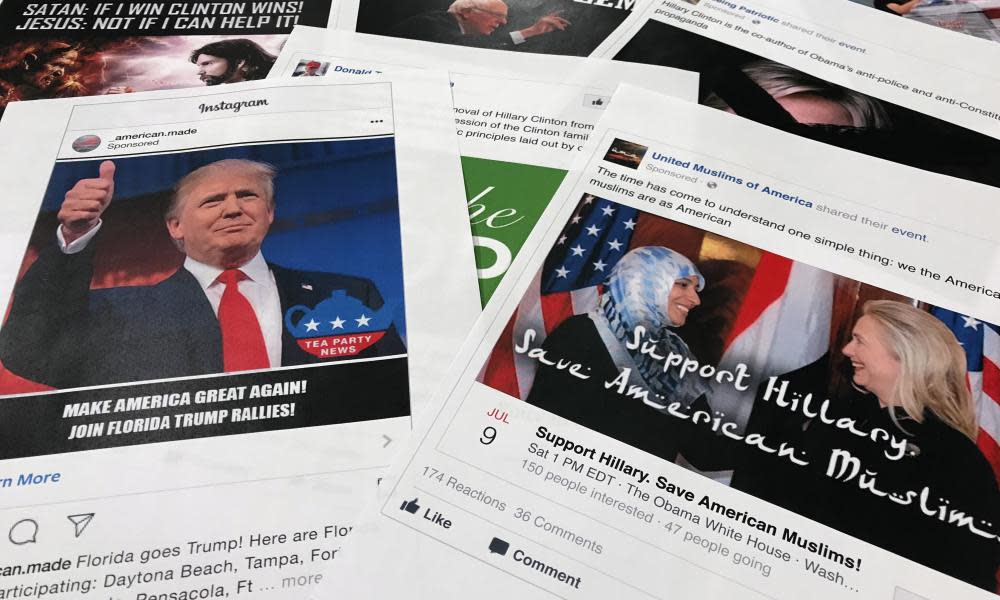The Guardian view on Instagram’s troll farms: meme warfare

When Mark Zuckerberg appeared before the United States Congress earlier this year, the Silicon Valley billionaire focused on the role of the social media platform he founded, Facebook, in the face of criticism that lax protection of users’ data jeopardises democracy. The reckoning had been a long time coming: Facebook’s data-harvesting machine has been at the root of the company’s failure to stamp out fake news and various forms of Russian meddling. Yet in his prepared statement to US senators, Mr Zuckerberg skated over the threat to society posed by Facebook’s fastest-growing division: Instagram. That might have been because the danger was too small to worry about. But perhaps there was a commercial reason to conceal the hazard. It is a matter of great concern that this week two reports for the United States’ Senate intelligence committee highlighted that Instagram played a much bigger role in Russian manipulation of US voters than the company has previously discussed, and was a more penetrating tool than hitherto acknowledged.
Although Russia’s trolling on Facebook received more attention in the mainstream press, more nefarious content was created on Instagram. Overall Instagram troll engagement exceeded that of Facebook. The researchers issued a clear warning: Instagram would be a key to Russian disinformation in future US elections. This is worrying as Instagram is attracting new users faster than Facebook’s platform and is on track to exceed 2 billion users within the next five years, about the size of Facebook today. Instagram’s audience is also younger than its parent, making it more attractive to advertisers. And unlike Facebook, Instagram is still growing in the US. Mr Zuckerberg likes to say that any firm which has grown at the speed of his was bound to make mistakes. Yet the problems of Instagram are hiding in plain sight. Instagram’s privacy settings are far from ideal. The network allows anonymous accounts; a user’s profile and all its content are either public or limited to approved followers. It’s open enough to invite harassment, but without the built-in protections to stop the abuse from suppurating. Even worse, a year ago Instagram moved from putting posts into a users’ home feed just from the accounts they followed to putting up posts based on those that have been liked by other accounts a user follows.
One of the reasons that Instagram has been able to evade scrutiny is that the public are unaware how large it is. The company is huge: it is expected to make $8bn in revenue this year selling advertising against user-generated content. Instagram, bought for $1bn in 2012 by Mr Zuckerberg, is worth about $100bn. Both Instagram’s founders left Facebook after very public battles against trolling on the platform. Like Facebook, Instagram employs an army of moderators to check content, though it is Sisyphean work. The rise of disinformation poses a major challenge to democracies. Trolling has been described as the social media equivalent of “guerrilla warfare” and, importantly for Instagram, “memes are its currency of propaganda”. Given that democracies can falter when extreme discourses become normalised by social media, it was disappointing that Silicon Valley’s tech giants appeared to misrepresent themselves or duck questions to Congress. This lends credence to the idea that Mr Zuckerberg’s empire – of Facebook, WhatsApp and Instagram – is too big; that its immense data-gathering powers are yet to be fully understood; nor are its baleful implications for our privacy, our society and our democracy. The question is: if Facebook will not fix itself, then who will?

 Yahoo News
Yahoo News 
